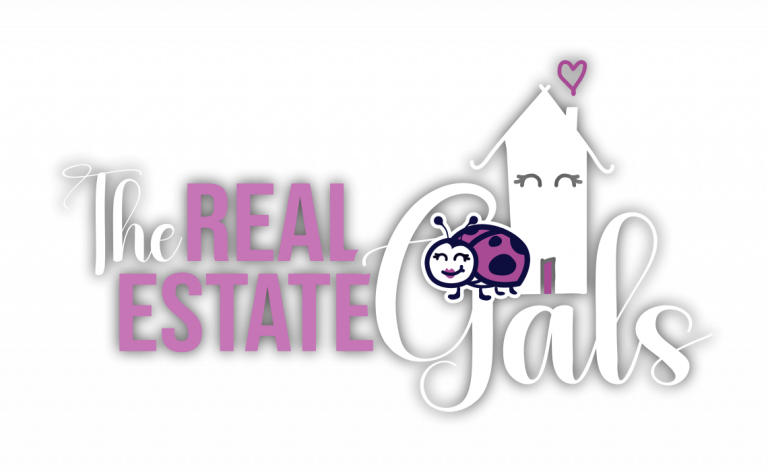The other day I was spending time with my niece, Rachel. Six years ago, we had a conversation about goals, dreams, and finances. She was living at home, accumulating university debt, and was concerned for her future. I gave her a financial plan of action. We were revisiting that conversation the other day and today she is living on her own, has paid off her education, has substantial money in RRSPs, and has saved a respectable chunk of change to buy her first home.
During that conversation, it dawned on me how hard it was setting out on my own with three children, two jobs, no financial knowledge, and the fear that came with “will we be alright?” I learned a lot on my own and from other family and friends. So, I put it down in writing to share with you all, here.
Stay focused on the positives. Divorce has so many negative connotations (and rightfully so), but there really is a lot to be grateful for. While divorce is undoubtedly an end to something important in your life, it’s also a new beginning. Rather than mourning the changes in your financial situation, you may find it more impactful to focus your attention on rebuilding financially after divorce. When you start seeing financial success from your own plan and your own efforts, there is no better feeling. If you’d like to see more to be thankful for, you should check out my previous blog on gratitude and giving thanks.
Put yourself on a budget. Yup, I know – a dirty word. The end of a marriage can mean the end of fights over money and give you a new found freedom of control. You can’t control the fixed expenses (rent, car payment, insurance, etc.) but you can make a plan for what you spend on groceries, clothing and gifts, gas and auto repairs, vacations, entertainment, etc. I know that nobody WANTS this word in their vocabulary, but it’s the only way you will know how much you need to carry on with life.
Focus on the essentials. This really is a difficult time in your life, and some days it’ll be hard to keep your head above water. Protect yourself from crisis-mode spending and focus solely on the needs of your life – the basics of shelter, clothing, food, and transportation. Everything else will eventually come back into your life in time – getting your nails done, golf memberships, restaurant dinners, a new puppy.
Start RE-building a credit score. Get yourself a credit card with a small credit limit. Use it every month, never spending more than half of the credit limit allowed, and always pay the balance in full every month. Use this card strictly as a tool to build credit, not to go shopping. Eureka! No interest payments to worry about, but still building a fantastic credit score for your future!
Plan for the big purchases. People often use credit cards for large purchases they can’t afford to pay for outright, like new furniture. Instead of paying for these purchases on credit, put aside some money each month until you’ve saved up enough to buy it outright. Sit on a good used sofa, sleep on a mattress without the bed frame, do whatever it takes to save for the new one. If you can’t afford to save up for the purchase, then you can’t afford to buy it on credit. Kijiji is your friend!
Change beneficiaries and update your will. There is no better time to think about planning your estate than after a big life event. If you have children, you will want to update your will, but even if you don’t have children there are many estate planning issues that still apply to you. Update or create a power of attorney for healthcare and finances, living will, and other documents. A good friend of mine – a lawyer – once said “you are better to make a bad choice, than no choice.” I’ve changed my POA several times over the years, but for the beginning of this journey, just pick someone.
Invest in RRSPs. This may not have been the area of your marriage that you paid attention to, but you must force yourself to learn the basics. I read books, watched interviews, asked questions. I went through three financial planners before I found the one who turned my investment life around. You need someone you trust, who communicates regularly, and who knows what the heck they are doing. It’s never too late to start. In my 40s, I began with $50/month, then $25/week, then kept increasing it in increments. You won’t miss the money – truly you won’t, if you start with tiny bites. By making contributions now, you could still have more money at retirement than if you tripled the contribution in your 60s. It’s known as the compound effect!
Dream a new dream. One of the saddest parts of divorce is that the dream a couple always had is gone. Just because you and your spouse had dreamt of running a bar in Belize when you retired, doesn’t mean that is still your dream now. Dreams change and finding a new dream was my biggest challenge, believe it or not. Yet rebuilding my life after divorce was a great time to rethink what I wanted. What do YOU want? Think about switching careers, going back to school, finding a better work-life balance. Divorce is a great time for soul searching, re-evaluating your personal and professional life, and exploring what really is going to make you happy.
Two books that drastically changed my life, were David Bach’s “Automatic Millionaire” and Robert Gignac’s “Rich is a State of Mind”. Both books were very simple to read and understand, and BOTH drastically changed my mindset and my skillset.
I learned so many things through the process of starting over, mostly that I could move forward on my own. I now had the knowledge, I started to set goals, I began to believe in myself, and was dreaming again – a new dream, my dream.

